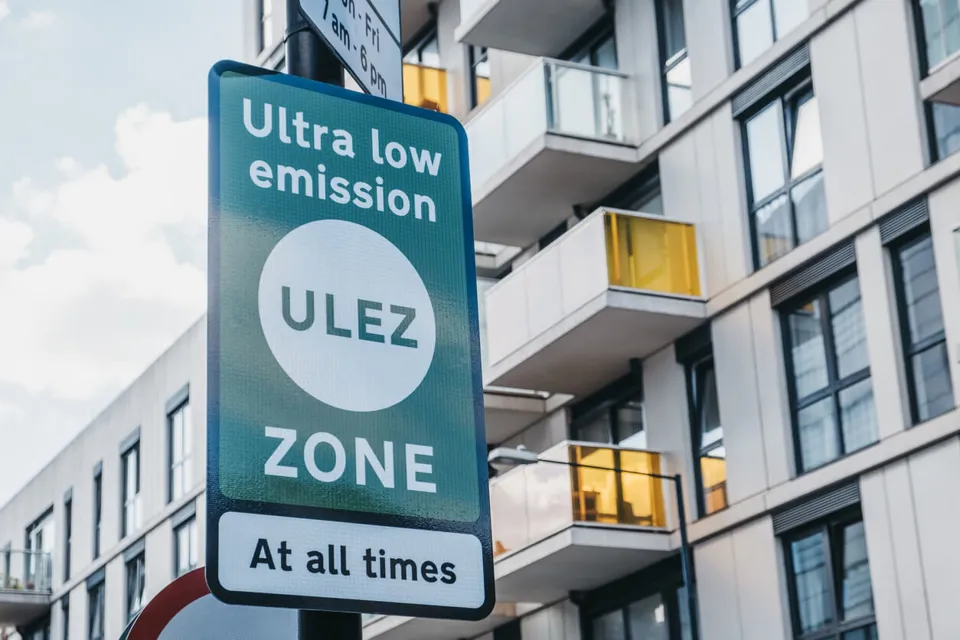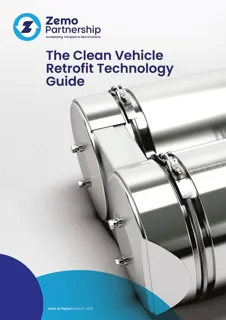Councils are being criticised for a lack of clarity and information on clean air and congestion zones, which is causing logistical and financial problems for vehicle delivery services, says DMN Logistics.
Logistically, these areas are unavoidable, it says, while charges incurred daily can become a cost burden for a business.
It argues that a lack of data on the mapping of zones is making journey planning more onerous and expensive, with many drivers facing fines they feel they have wrongly incurred.
Clean air zone (CAZ) and congestion charging zones are currently in operation in London, Bath, Birmingham, Oxford, Portsmouth and York, with further low emission zones coming into effect in 2022 in Bristol, Manchester, Bradford, Newcastle and Sheffield.
Nick Chadaway, managing director of DMN Logistics, said: “CAZs are clearly necessary to help lower carbon emissions in these areas, but they can be a financial burden and logistical nightmare when you have no fixed fleet or pre-pay account.
“With so little information available in an automated fashion to the zones’ boundaries and charging structure, the cost is not only that of the zone charges, but an increase in staffing costs to constantly check and manage all of the different vehicles and journeys that may potentially traverse any of these zones.”
Chadaway explained that within the logistics sector, it is common to be provided with a destination postcode that is not exact and, in these instances, delivery drivers may unknowingly take a road that is within the CAZ and incur a fine.
“Fines plus daily charges can have a damaging effect on the logistics sector as well as businesses that are still recovering post-covid,” he said.
Businesses can use the Government website to determine if their drivers need to enter a CAZ, but when a fleet is delivering hundreds of vehicles each day through numerous zones, without an easy automated way to keep on top of this, then lots of additional work is being created for all parties, he argues.
If drivers unknowingly incur a fine, they can contest it, but they may not be successful. The Traffic Penalty Tribunal states ‘if you receive a Penalty Charge Notice (PCN) you must first challenge it with the authority that issued it. If this is unsuccessful, you will receive a Notice of Rejection (NoR) of Representations letter and then can begin an appeal process’.























Login to comment
Comments
No comments have been made yet.